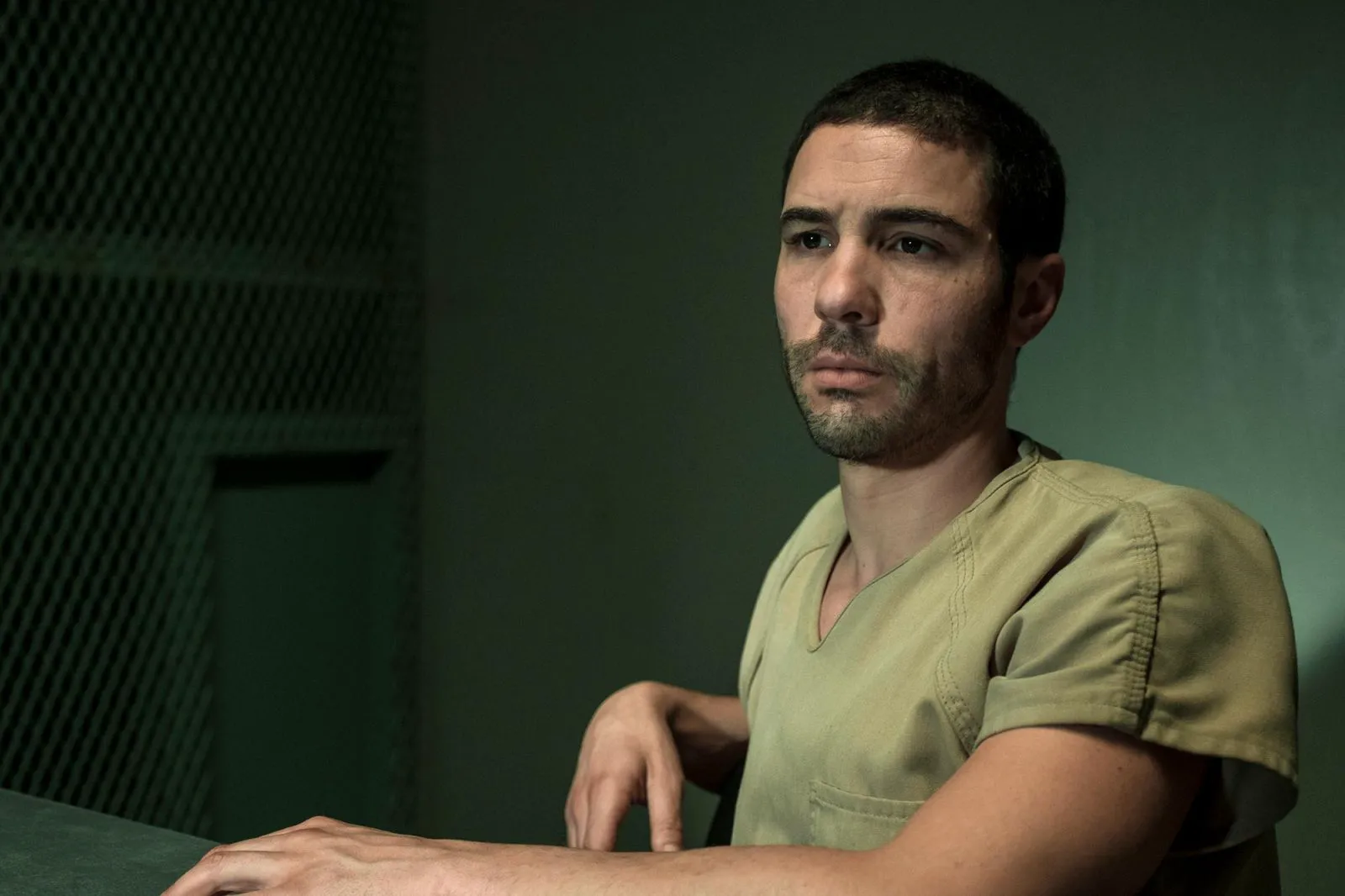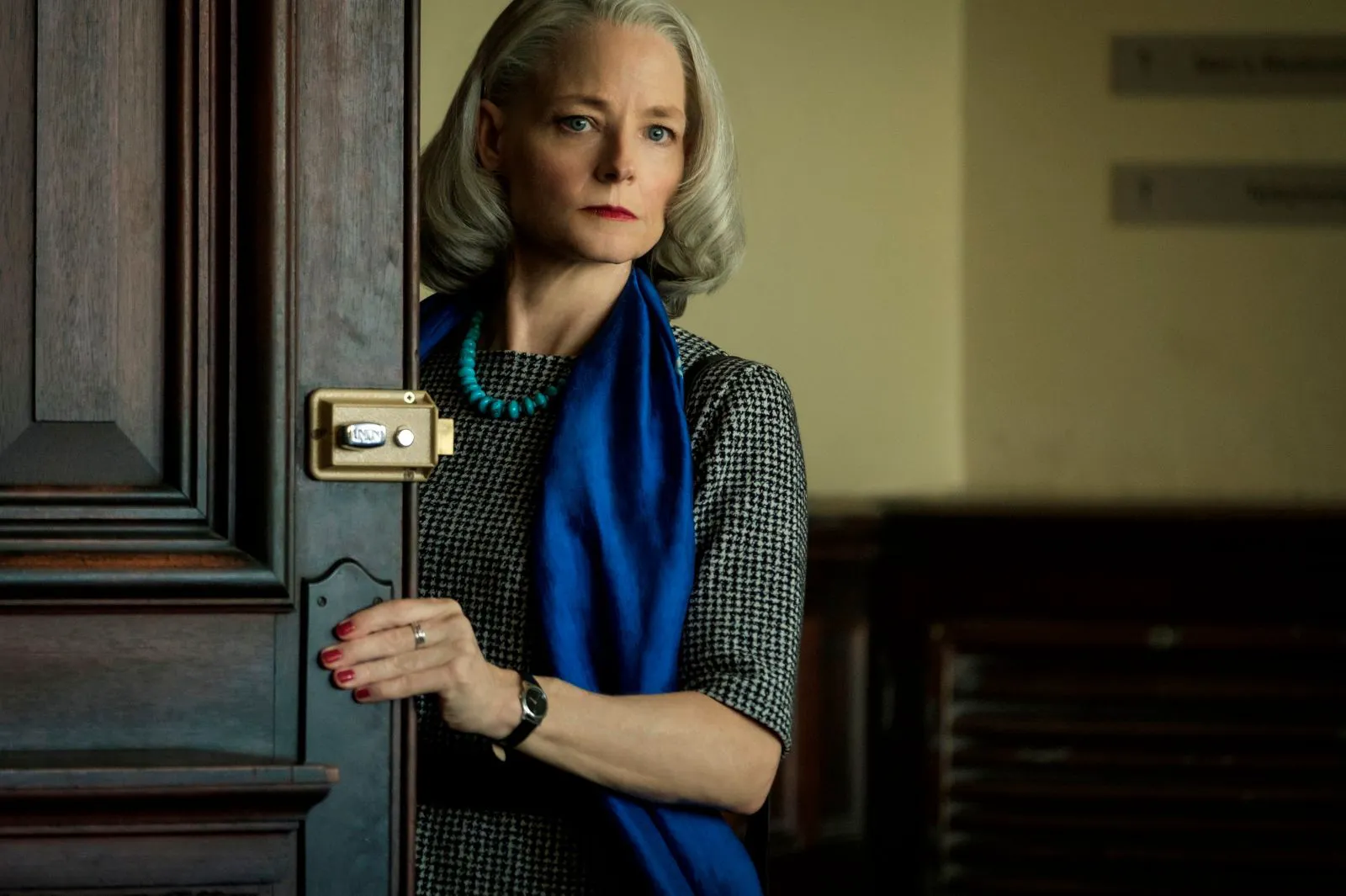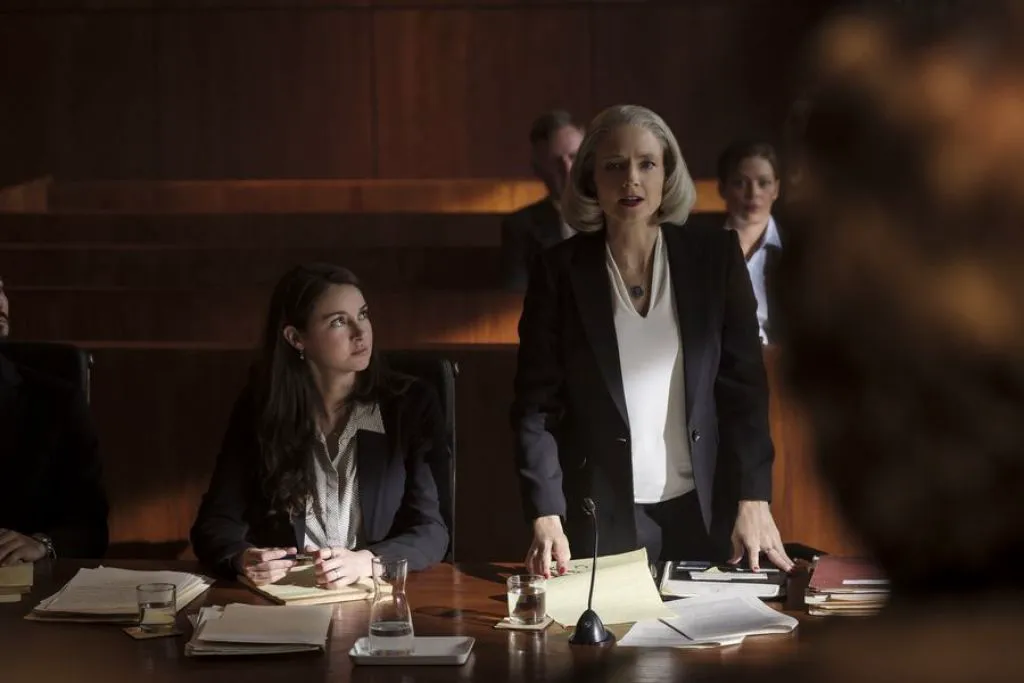The Mauritanian: A Gripping Tale of Injustice and Resilience
The true story of Mohamedou Ould Slahi, portrayed by Tahar Rahim, is a harrowing account of a man’s life irrevocably altered after the events of September 11, 2001. Before the attacks, Slahi was a vibrant and engaged citizen of Mauritania. However, in the aftermath, he becomes a suspect in the government’s investigation, accused of aiding Osama Bin Laden. Without any concrete evidence, he is imprisoned in Guantanamo Bay, his only means of communicating his plight to the outside world being a meticulously kept diary. Enter Nancy Hollander (Jodie Foster), a determined defense attorney who takes on the seemingly impossible task of freeing Slahi from his torturous confinement.

Tahar Rahim as Mohamedou in “The Mauritanian”
A Familiar Genre with a Stark Reality
The legal drama genre, often centered on the fight against injustice, typically relies on familiar tropes: impassioned speeches, a carefully crafted climax, and a resolution that viewers are expected to embrace with understanding and admiration. “The Mauritanian” doesn’t necessarily break this mold, but it grounds itself in a stark reality. Director Kevin Macdonald, known for documentaries and biopics such as “Bob Marley” and “Whitney,” brings a sense of authenticity to the film. His experience with stories of human resilience, as seen in “Touching the Void,” and explorations of the banality of evil, as in “My Enemy’s Enemy,” are evident in the film’s approach.

Jodie Foster as Nancy Hollander in “The Mauritanian”
Having navigated both fictional and real-life narratives in films like “State of Play,” “The Last King of Scotland,” and “The Eagle,” Macdonald delivers a compelling story of imprisonment and the painful transformation into a symbol of injustice. Slahi becomes a pawn in the U.S.'s war on terror, a conflict intensified during the Bush administration with the policies of figures like Dick Cheney and Donald Rumsfeld (characters explored in Adam McKay’s “Vice”).

Benedict Cumberbatch as Stuart Couch in “The Mauritanian”
A Story Hampered by Lack of Depth
Despite being at the center of the narrative, Slahi’s character feels somewhat underdeveloped. This adaptation of the prisoner’s diary (originally titled “Prisoner 760”) lacks the necessary focus, background information (particularly regarding the legal complexities), and in-depth analysis. The director and screenwriters often opt for flashy editing, sentimental music, and deliberate pacing issues instead.
Powerful Performances Elevate the Film
What truly carries the film are the performances of the cast, particularly Tahar Rahim and Jodie Foster. Rahim, known for his breakout role in “A Prophet,” delivers a powerful portrayal of Slahi, showcasing his transformation from an optimistic man expecting imminent release to a hardened prisoner preparing for his final stand in court.

Shailene Woodley as Teri Duncan in “The Mauritanian”
Foster, returning after a hiatus, shines as Nancy Hollander. She brings a nuanced portrayal of a lawyer driven by both professional duty and genuine compassion. One of the film’s most poignant scenes depicts Hollander simply holding Slahi’s hand during a visit, offering him human connection amidst his isolation. Benedict Cumberbatch, with a heavy Southern accent, and Shailene Woodley, as Hollander’s assistant, provide solid supporting performances.
A Timely Reminder of Injustice
Despite its flaws, “The Mauritanian” serves as a timely reminder of the importance of fighting against injustice. The film’s release, coinciding with ongoing political events and questionable detentions, speaks volumes about the current state of affairs. It is a somber reflection on the collective struggle against powerful forces and the internal battle for self-liberation, a battle that, unfortunately, not everyone is willing or able to undertake.